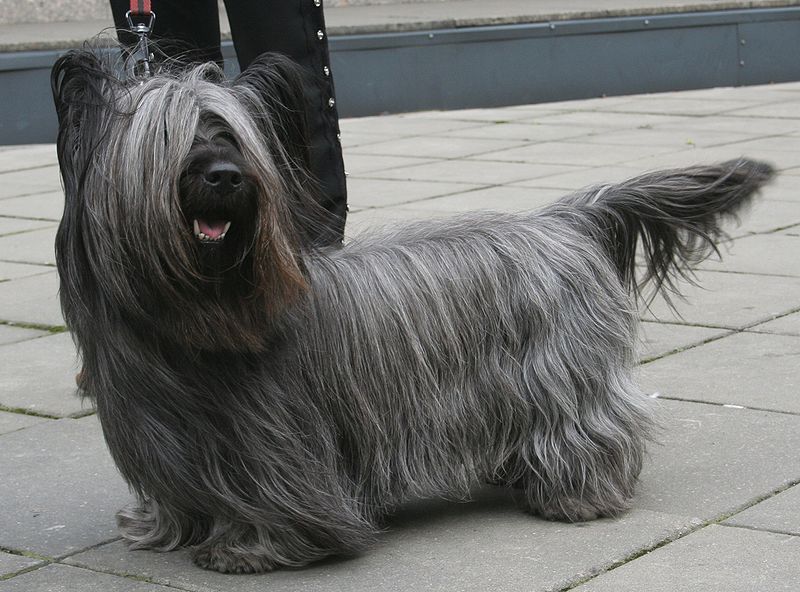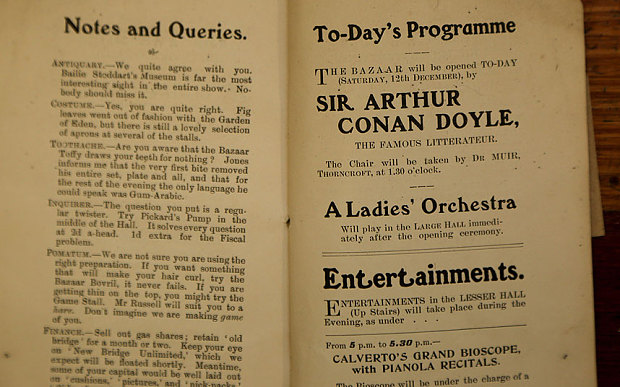As I’ve said before, I would prefer that Scottish voters decided to stay within the United Kingdom, but if they choose to go, let ’em. I haven’t lived in the UK for many long years (I was still a child when my family emigrated to Canada), so many of my thoughts about England and Scotland are snapshots from my early years with brief impressions gathered during all-too-few visits on holiday. As a result, I don’t feel in any way qualified to speak about the political situation there (I barely feel qualified to speak about the Canadian political scene). Today’s vote will have long-lasting effects, regardless of how many vote Yes and how many vote No. Canada today is still impacted by Quebec’s cycle of separatist activity, despite the fairly convincing result of the last Quebec election.
I still don’t really understand why Scottish “independence” will mean Scotland leaving the UK (which is within the EU) only to immediately turn around and petition for admission back into the EU … why not try actual independence instead? If ignorant, meddling bureaucrats in London are bothering you from afar, why replace them with even-more-ignorant, meddling bureaucrats in even-further-away Brussels? It seems daft.
Others see this as a golden opportunity … for England. Here’s Perry de Havilland explaining why he wants the Scots to vote Yes:
I am of the view that English political culture has become steadily more toxic, hollowed out by multiculturalism and moral relativism, resulting in shocking incidents like the Rotherham scandal. Indeed the Tory party is hardly a conservative party at all, and is increasingly interchangeable with Labour and the LibDems. The mere fact the Tories chose David Cameron as leader tells you something about the state of the Stupid Party, a man unable to win an outright majority against probably the most inept, least charismatic and most spectacularly unsuccessful Labour Prime Minster since Harold Wilson. Yet the best Cameron could manage was a coalition.
[…]
But it has long seemed clear to me that as toxic as the political culture had become in England, it is even worse in Scotland.
And so my support for an independent Scotland is not because I do not think there are many fine classical liberals and other friends of genuine liberty north of the border, but rather there are just not enough of them. It is an exercise in ‘political triage’ on my part. Much as I would love to see Scotland once again embrace Adam Smith and Hume, I cannot see that happening any time soon. I may admire those willing to stay and fight for a better Scotland than the one they will get under the likes of Salmond, but I think it is a fight they cannot win.
And that is why I support Scottish independence. I see it as a gangrenous limb in need of political amputation, or we risk loosing everything it is attached to.
Richard Anderson also thinks a Yes vote might be for the best:
Despite the frequent comparisons between Quebec in 1995 and Scotland today the situations are in fact vastly different. Quebec leaving Canada is a basic existential question. Scotland leaving the UK simply isn’t. For all my tremendous fondness for traditional Scottish culture, and the amazing accomplishments of that once magical land, the place is today a vast albeit scenic welfare trap. It took 220 years to go from Adam Smith to Trainspotting, yet that hardly captures the conceptual distance travelled. When the British Empire fell Scotland, which had its greatest years because of the Empire, fell that much harder.
Scotland leaving the UK, however emotionally traumatic, would be a political blessing to the rest of the Union. Those 40 or so reliable Labour seats vanishing, as if by magic, from Westminster and by default shifting the political spectrum significantly rightward. Perhaps rightward enough that Nigel Farage & Co scare the Cameronistas toward something resembling Thatcherism. Had Quebec separated in 1995, and the country remained together, much the same thing would have happened in Canada.
Then there’s the economics. An independent Scotland would be Greece with better drinking opportunities. An England without Scotland would, by contrast, be a resurgent economic power. It’s like kicking your deadbeat brother off the couch and onto the street. Your living room smells better and the money you saved from the repair bill can be invested in some nice ETFs. Perhaps the deadbeat will learn some responsibility in the process. You’ll learn the beauty of peace and quiet. Once upon a time Scotland was the engine that helped drive a great empire, today it’s 5 million mouths that the taxpayers of England can ill afford to feed.
More than three centuries ago Scotland sacrificed the romance of independence to practical economic necessity. It seems they are on the verge of doing the exact opposite now. They are abandoning economic reality for a romantic fantasy spiced up with vague images of a social democratic utopia. A fool and his money are soon parted. That’s a bit of wisdom the Scots of old understood so very well. The tragedy is that their descendants understand it not at all.
Update: According to the Weekly Standard, I’m totally underestimating the seismic shift if the Yes campaign wins … it’ll be Red October on the Clyde:
It is not at all far-fetched to imagine Vladimir Putin offering financial aid to a post-independence Scotland that will inevitably face severe economic challenges.
The price for that aid might include, among other things, basing rights for Russian military and naval forces. Certainly there would be little or nothing that the United Kingdom could do if an independent Scotland decided to rent its deep water submarine port at Faslane to Russia’s Northern fleet or if it let Russian maritime air patrols fly out of former RAF air bases.
That would essentially mean a shifting of NATO’s frontier hundreds of miles to the West and a revolutionary change in the balance of power in Europe.





